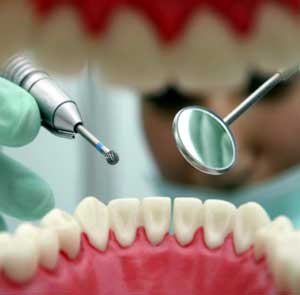The study analyzed the health records of 107 community-dwelling senior citizens treated at the Rutgers School of Dental Medicine clinic between the year 2015 to 2016.
The results showed that more than 25 percent of the patients had malnutrition or were at risk for malnutrition. The researchers saw a trend in which patients with 10 to 19 teeth were more likely to be at risk for malnutrition. Those patients classified as having malnutrition had higher rates of weight loss, ate less and more frequently reported that they suffered from dementia and/or depression and severe illnesses than those who had a normal nutrition status.
Although further studies need to examine the relationships between tooth loss and malnutrition risk, Zelig said the findings show that dental clinics are ideal locations to perform nutritional status screenings as they can identify patients who may not regularly visit a primary care provider and who may be at risk for malnutrition. “Clinicians also can provide patients with referrals to Registered Dietitians and community assistance programs such as Meals on Wheels to prevent further decline in nutritional status,” she said.

















Related Items
India eating low-nutrition rice and wheat, says new ICAR study
Seven top tips to help a friend with memory loss
Agra Clinic Delivers 1,000th Test Tube Baby